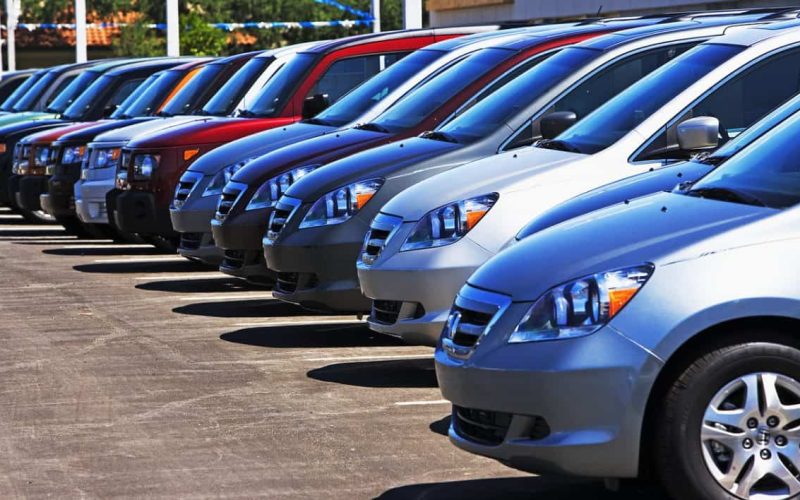The Minister of Transport and Logistics has submitted his six-month report to the House of Representatives, outlining plans to fully implement a ban on the entry of fuel-powered vehicles into the country.
Minister Alemu Sime stated that the ban on importing fuel-powered vehicles for personal or other purposes will be strictly enforced. This decision is viewed as a strategic response to concerns about climate change and the escalating costs associated with traditional fuel consumption.
Rising fuel prices have prompted policymakers to reevaluate the nation’s dependence on conventional vehicles and seek ways to reduce carbon emissions.
The ban aims to mitigate carbon emissions, foster cleaner air, and encourage the adoption of green technologies in the automotive sector, the minister emphasized.
Minister Alemu highlighted that it reflects a global commitment to environmental sustainability and the transition to eco-friendly transportation alternatives.
Three months ago, the Addis Ababa city administration announced plans to decommission vehicles that have been in use for many years.
The Addis Ababa Environment Protection Authority further announced that drivers of vehicles emitting high levels of smoke must prepare solutions in advance.
The Authority’s General Manager, Dida Driba, disclosed that a standard for car emissions is being developed, and each vehicle’s smoke output will be measured. Vehicles exceeding the set emission standards will be ineligible for servicing.
Dida noted that vehicles emitting excessive smoke typically have been in operation for 23 years or more, urging owners of older vehicles to take proactive measures.
While acknowledging the prevalence of heavily emitting vehicles in the capital, he emphasized the need for compliance with emission standards by those issuing permits, conducting vehicle quality checks, and purchasing vehicles.
The emission standard will be enforced soon, compelling owners of older, high-emission vehicles to either adopt smoke-reducing technology or replace their vehicles.
Countries typically establish air quality standards based on guidelines from the World Health Organization, with Addis Ababa in the process of developing such standards to ensure healthy air quality.
The Ministry of Transport data indicates approximately two million vehicles in Ethiopia, many of which have been in service for numerous years.
To mitigate emissions from older vehicles, hefty taxes have been imposed on imported used vehicles. Additionally, car importers bringing in new vehicles face lower taxes, while those assembling new vehicles domestically are eligible for tax breaks and other incentives.
According to the World Health Organization, approximately 11 percent of global deaths attributed to air pollution result from vehicle exhaust emissions.
